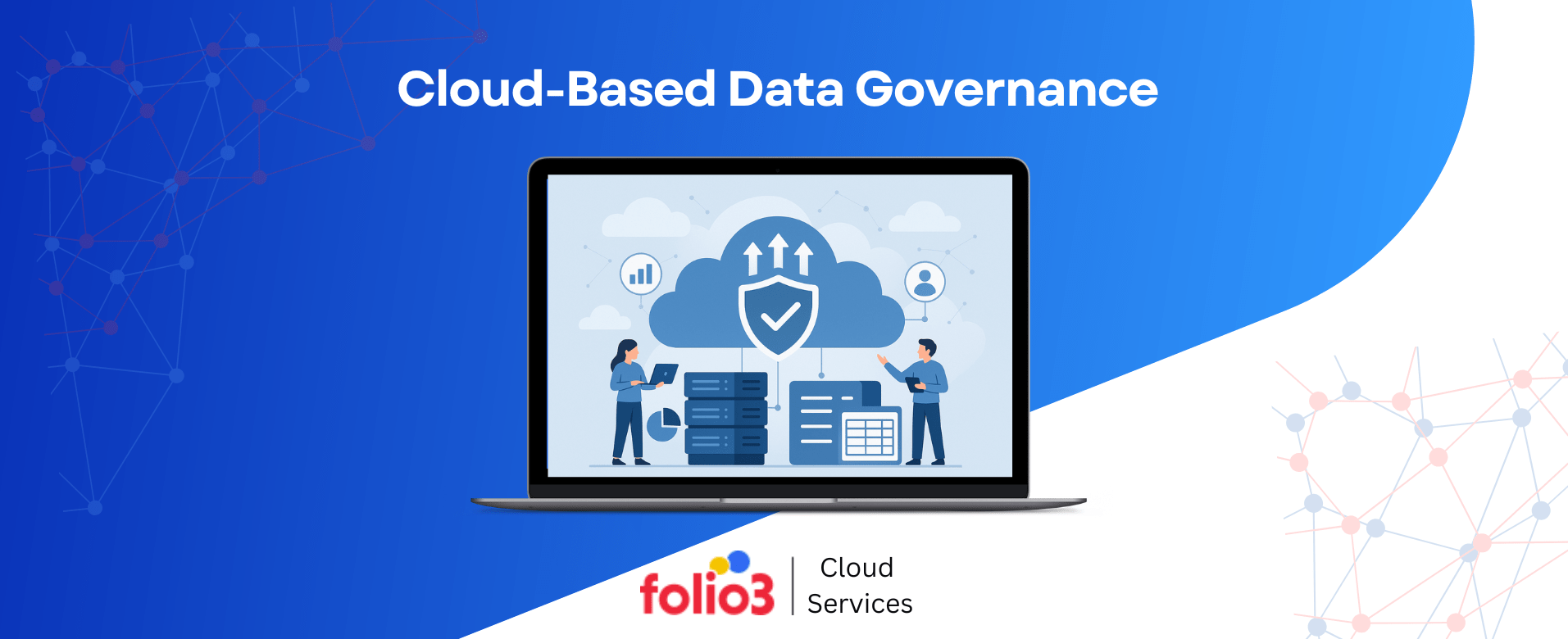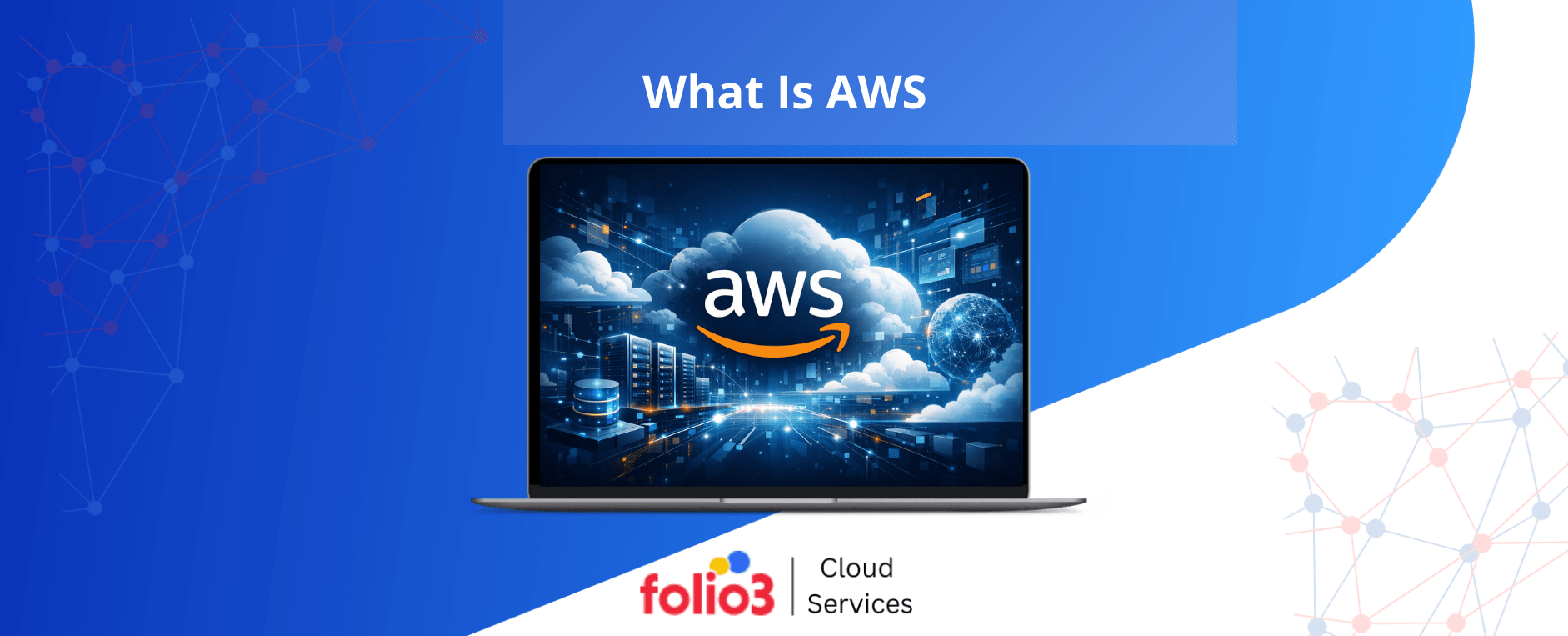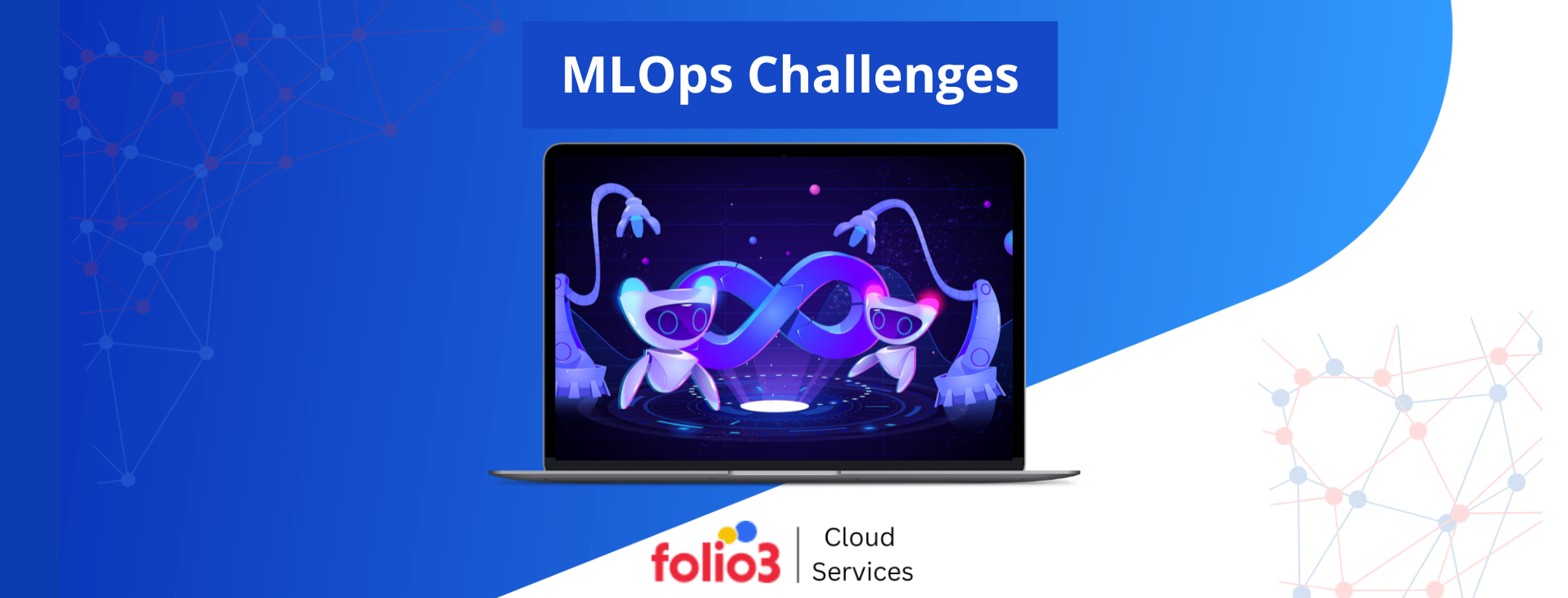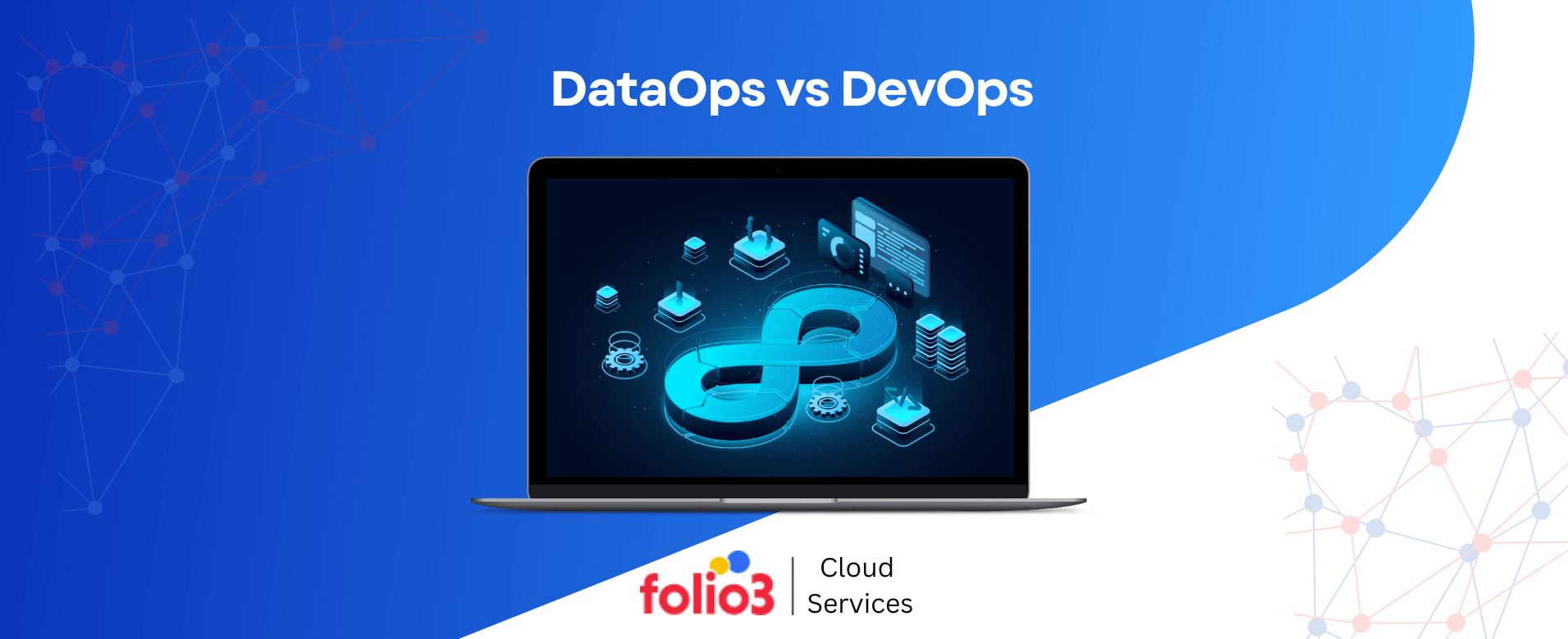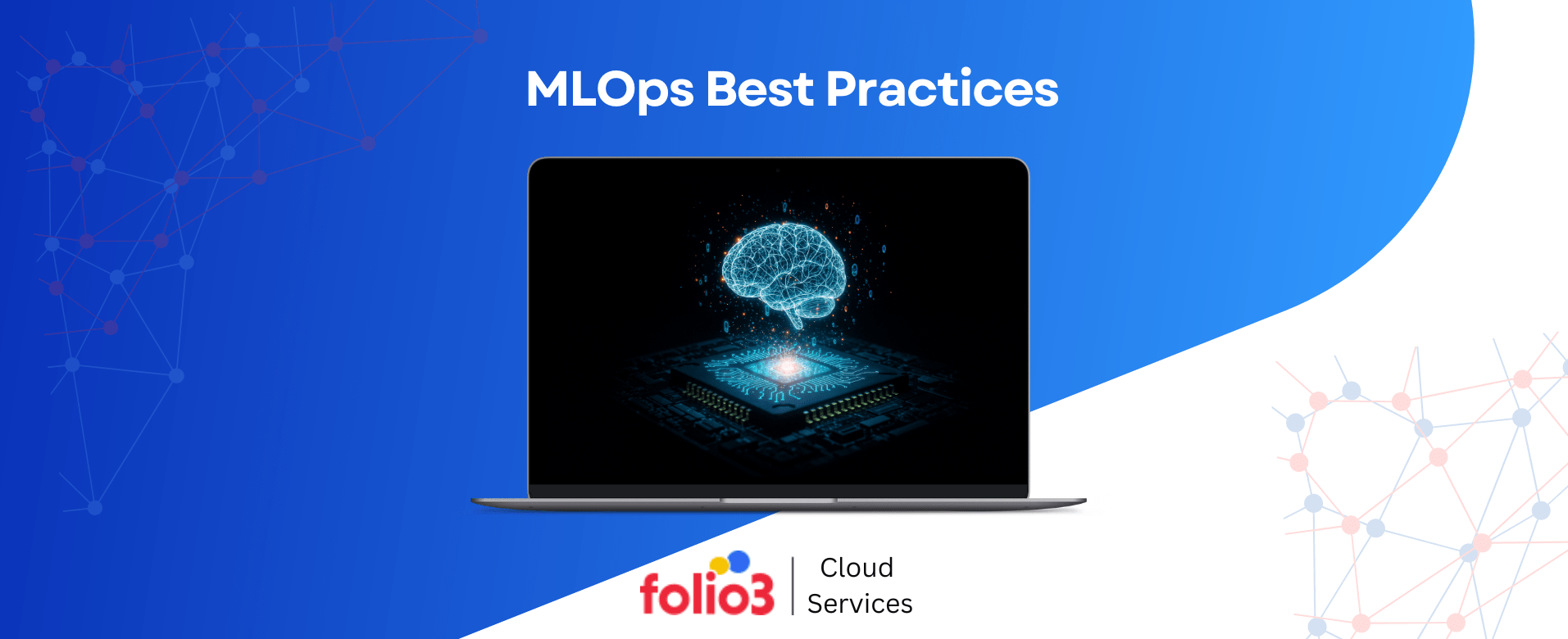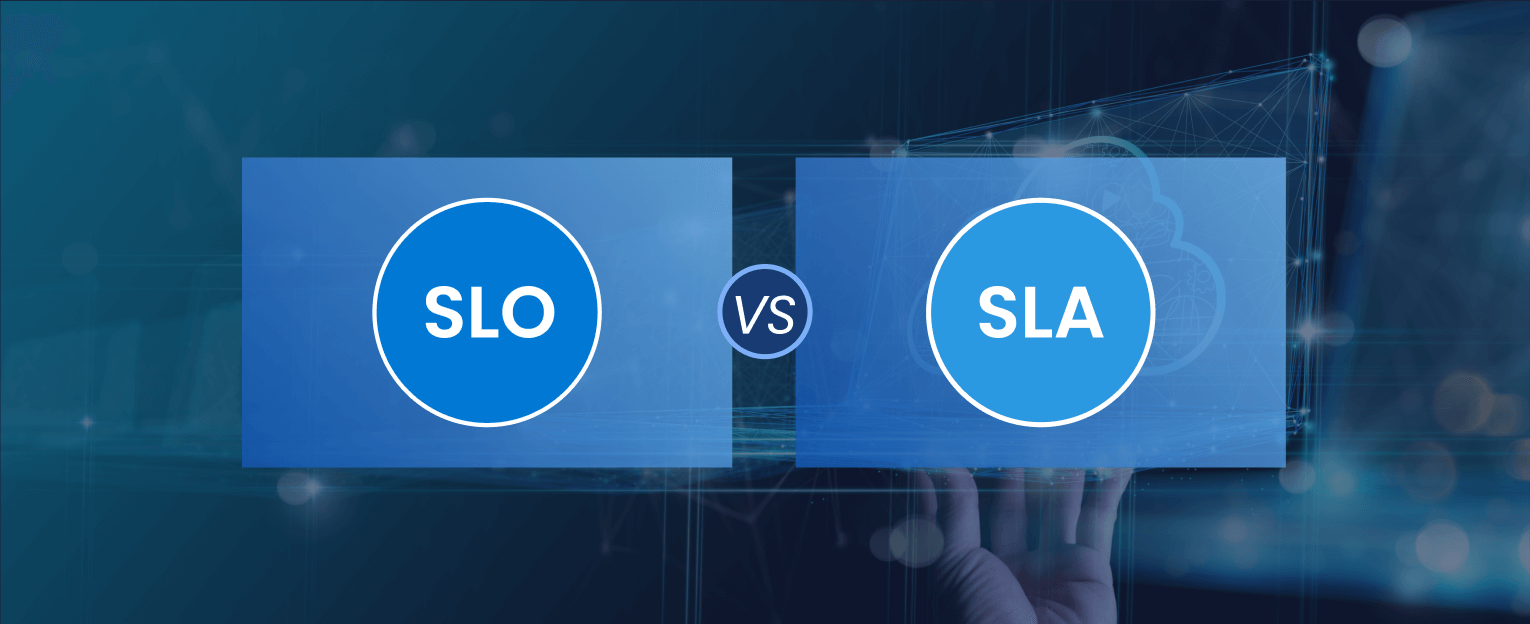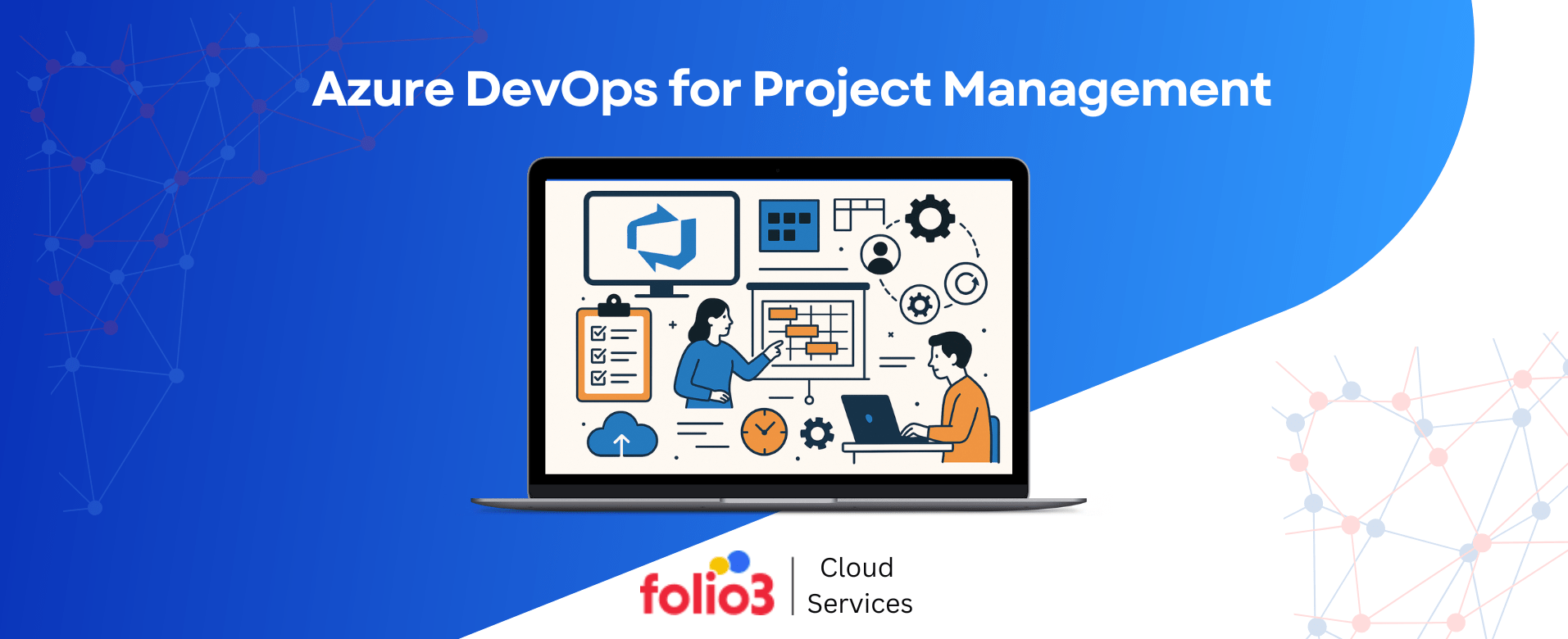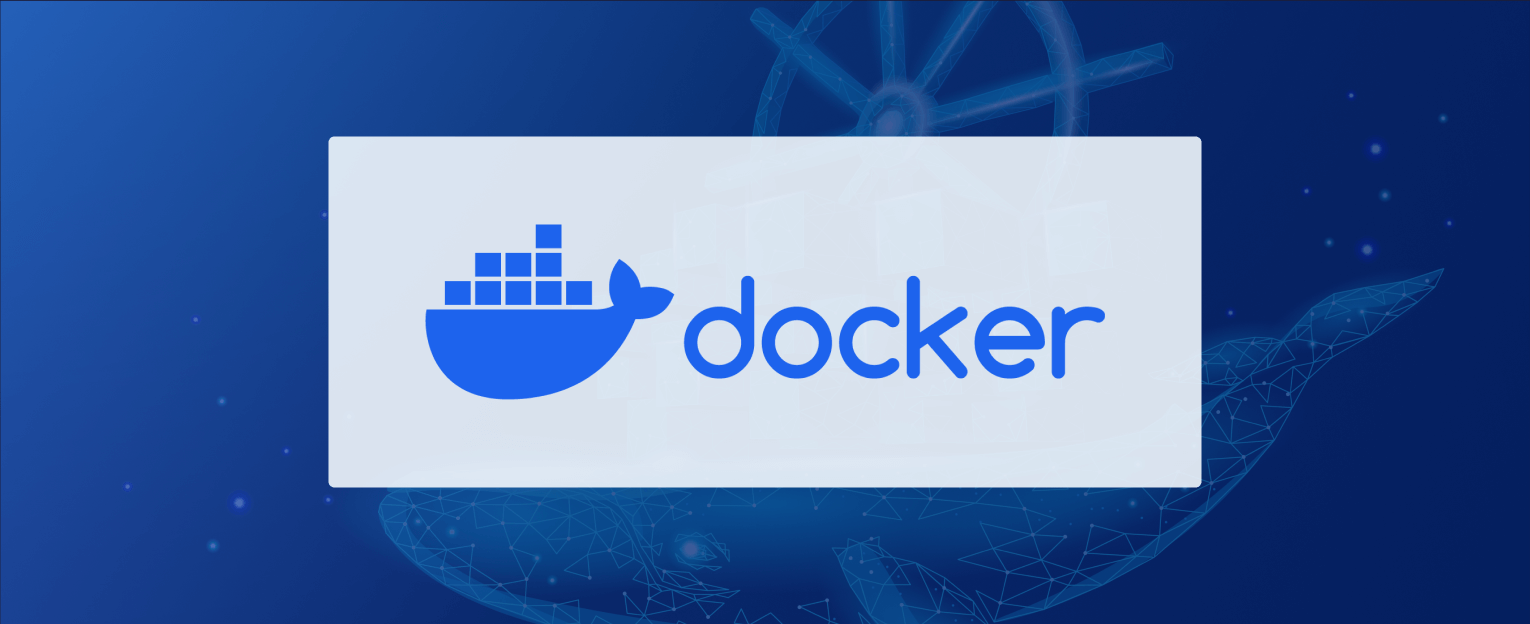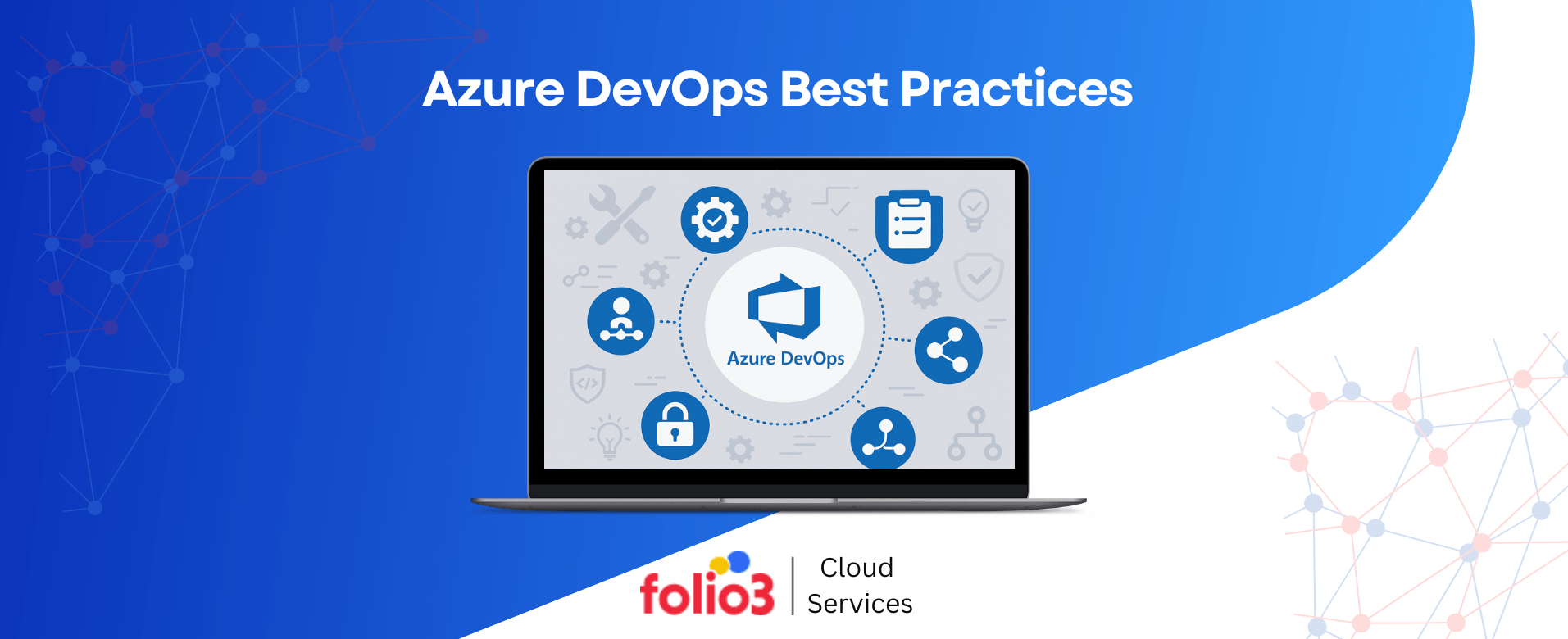Managing data in the cloud isn’t just about storage or access but also about control, accountability, and trust. As cloud adoption accelerates, businesses are grappling with safeguarding the integrity and use of their data across distributed environments.
Without a clear cloud data governance framework, the risk of data misuse, compliance violations, and operational chaos grows significantly. According to Statista, over 60% of all corporate data was stored in the cloud as of 2022, and this number continues to rise. What’s holding the rest back? Often, it comes down to a lack of understanding of what modern cloud-based data governance should look like and which principles matter.
In this blog, we’ll discuss the five key principles of successful governance in cloud environments, offering practical insight into how organizations can build a stronger, more accountable data culture.
What is Cloud-Based Data Governance?
Cloud-based data governance refers to the rules, responsibilities, and systems that control how cloud environments manage, protect, and use data. As businesses shift more data to platforms like AWS, Microsoft Azure, and Google Cloud, the need to govern that data responsibly has become critical, not just for compliance, but to ensure decisions are based on reliable information.
Unlike traditional on-premise models, data governance in cloud computing must account for the distributed nature of cloud infrastructure. Data can move across regions, departments, and third-party services in seconds. Engaging a DevOps consultancy can help organizations build automated, policy-driven governance frameworks that align with modern cloud workflows.
This makes it harder to track who owns what, who can access it, and whether that access complies with internal policies or external regulations like GDPR and HIPAA. According to IDC, by 2025, the global data sphere is expected to grow to 175 zettabytes, and much of that data will live in the cloud. Without governance, this volume becomes a liability instead of an asset.
A cloud data governance framework typically includes:
- Data ownership and accountability: Defining who is responsible for data accuracy, security, and usage.
- Access controls: Ensuring only authorized users can view or edit sensitive data.
- Metadata management: Keeping track of where data lives and how it’s classified.
- Audit trails: Logging how data is accessed, changed, or moved over time.
Core Pillars of Cloud Data Governance
Implementing a practical cloud data governance framework depends more than just setting rules. It requires building the right foundation. These five core pillars are the structural elements of cloud-based data governance, each playing a specific role in making data trustworthy, secure, and usable at scale.
1. Data Cataloging and Metadata Management
A well-organized data catalog helps organizations know what data exists, where it resides, and how it’s used. Metadata, data about data, provides context such as origin, format, and usage history.
Organizations face challenges in locating relevant data or verifying its purpose without proper metadata management. According to Harvard Business Review, only 3% of a company’s data meets basic quality standards. Cataloging data through governance tools helps avoid redundant storage, broken pipelines, and missed opportunities.
2. Data Lineage and Provenance
Tracking the full lifecycle of data from creation to transformation and use is a key requirement in data governance in cloud computing. This process, known as data lineage, helps teams identify how data has evolved and whether it has been altered intentionally or unintentionally.
Cloud Migration Services often include tools and practices to ensure robust data lineage is maintained during transitions, minimizing the risk of data loss or inconsistency.
Understanding data provenance is essential for audit readiness, especially for compliance with regulations like GDPR and CCPA. A clear lineage promotes trust and speeds up troubleshooting when data discrepancies arise.
3. Access Control and Role-Based Permissions
Unauthorized access remains a leading cause of data breaches. A 2024 IBM report noted that stolen or compromised credentials were responsible for 19% of data breaches, costing companies an average of $4.45 million per breach.
Cloud-based data governance must include precise access control policies. Role-based permissions ensure users only see and manipulate the data they need for their jobs and nothing more. This minimizes risk and aligns with zero-trust security models widely adopted in cloud environments.
4. Policy Management and Enforcement
Writing a policy is only part of the solution; most organizations struggle to enforce it consistently. Cloud system policy management involves automating rules around data access, retention, classification, and compliance monitoring. As part of a comprehensive cloud migration strategy, administrators can set controls that automatically restrict or allow actions based on predefined governance rules through tools integrated into major cloud platforms. This helps align with corporate policies and global data privacy laws.
5. Data Quality Monitoring and Remediation
Bad data leads to bad decisions. Poor data quality costs organizations an average of $12.9 million annually. That’s why continuous monitoring is essential within a cloud data governance framework.
Leveraging AWS cloud advantages—such as scalable storage, integrated data quality tools, and real-time analytics—can enhance your ability to detect anomalies, missing fields, duplicates, and outdated records. These systems can then trigger workflows to correct or remove low-quality data, ensuring that any analytics, reporting, or AI models relying on the data are based on facts, not guesswork.
Benefits of Cloud-Based Data Governance
Effective cloud-based data governance is more than a safeguard. It’s a way to support growth, efficiency, and accountability across the organization. As cloud infrastructure becomes the default for modern data storage and processing, the advantages of governing data in these environments become increasingly tangible.
1. Scalability and Flexibility
Cloud environments allow organizations to scale their data operations up or down as needed. This flexibility makes it easier to apply governance rules consistently across growing datasets and diverse workloads. Whether managing terabytes or petabytes, a strong cloud data governance framework ensures that policies remain enforceable, even as data volume and velocity change. According to Flexera’s 2024 State of the Cloud Report, 89% of enterprises now follow a multi-cloud strategy, reflecting the growing need for scalable governance solutions across platforms.
2. Real-Time Compliance Monitoring
Keeping up with evolving data regulations can be difficult, especially when data is scattered across cloud services. Data governance in cloud computing allows organizations to monitor policy compliance continuously, rather than relying on periodic audits.
Built-in tools on platforms like AWS and Azure provide alerts when data flows violate predefined governance rules, helping prevent costly fines and data exposure incidents. Following cloud consulting best practices, such as implementing real-time oversight and proactive compliance monitoring, is increasingly essential as global data privacy regulations expand.
3. Easier Integration Across Multi-Cloud and Hybrid Environments
Organizations rarely rely on a single cloud provider. Integration is often challenging with data spread across public cloud, private infrastructure, and on-premise systems. A well-structured cloud data governance framework enables unified policy enforcement and data visibility across these environments. Enterprises will use a combination of cloud services from different providers, further emphasizing the need for governance systems that work across diverse platforms.
4. Improved Collaboration Across Departments
Data silos often develop when governance is inconsistent or non-existent. With centralized governance frameworks, teams from finance, marketing, operations, and IT can all work with the same datasets, confident that the information is accurate, current, and properly permissioned. Leveraging the best cloud security tools ensures that access controls, encryption, and monitoring are consistently applied, further reducing duplication and miscommunication. This shared understanding helps teams make better decisions faster.
5. Faster Onboarding for Governance Tools
Traditional data governance tools often require months of setup and configuration. Cloud-native governance platforms offer faster onboarding through pre-built connectors, templates, and automation.
This allows data teams to apply governance policies sooner, reducing the lag between planning and execution. Moreover, cloud tools can be deployed in phases, allowing organizations to govern data incrementally without waiting for a complete overhaul.
Challenges and Risks in Cloud-Based Data Governance
While shifting to cloud infrastructure brings clear advantages, cloud-based data governance also introduces new challenges that organizations must actively address. These challenges aren’t just technical. They touch on compliance, visibility, and strategic control.
1. Data Sprawl and Shadow IT
As teams adopt cloud services independently, often without IT oversight, unapproved applications can store data outside official governance frameworks. This phenomenon, known as shadow IT, increases the risk of data leaks, poor version control, and untraceable data usage.
2. Regulatory Compliance in Multi-Region Deployments
One of the more complex aspects of data governance in cloud computing is ensuring compliance when data resides in multiple locations. Different regions enforce varying data privacy laws, from GDPR in Europe to CCPA in California.
Conducting a thorough cloud migration assessment helps organizations identify regulatory risks upfront by mapping where data is stored, how it moves, and what compliance requirements apply. Ensuring that data remains within compliant jurisdictions and is tracked adequately across regions requires continuous monitoring and accurate metadata. Without this, even a well-built cloud data governance framework can fail under regulatory scrutiny.
3. Complexity in Setting Unified Policies Across Platforms
Organizations increasingly use multiple cloud providers for redundancy, pricing advantages, or specialized services. However, enforcing consistent data governance policies across AWS, Azure, Google Cloud, and on-premise environments adds a layer of operational complexity.
Different platforms have their own native governance tools, permissions systems, and logging methods, which can create fragmentation. Without a centralized governance strategy, policy enforcement becomes inconsistent and unreliable.
4. Vendor Lock-In and Interoperability Issues
Relying heavily on a single cloud provider for governance functionality can result in vendor lock-in, limiting future flexibility. When organizations try to move data or switch providers, they may face compatibility issues with governance metadata, access policies, or audit trails.
Key Cloud Providers & Tools for Data Governance
Building a practical cloud data governance framework depends heavily on the right tools. Major cloud providers have developed native services designed to manage governance at scale, while third-party platforms help unify governance across multi-cloud and hybrid environments.
These tools are especially valuable for companies that operate in multi-cloud or hybrid environments and need governance solutions that aren’t bound to a single provider. Here’s a look at the most widely used options:
1. AWS Lake Formation
Amazon’s Lake Formation helps organizations set up secure data lakes, control access, and manage permissions from a central location. It works closely with other AWS services like S3, Glue, and Athena to maintain compliance and security.
Key features include role-based access control, fine-grained data sharing, and support for different types of data classification, such as public, internal, confidential, and restricted. AWS also supports cloud-based data governance through automated data classification, tagging, and encryption, allowing organizations to enforce data policies at scale.
2. Azure Purview (Now Microsoft Purview)
Microsoft Purview offers a unified solution for data governance in cloud computing environments. It enables data discovery, cataloging, lineage tracking, and policy enforcement across Azure services and external data sources.
One standout feature is its ability to scan on-premise, multi-cloud, and SaaS data, helping organizations build a complete data map and apply consistent governance standards.
3. Google Cloud Dataplex
Google’s Dataplex provides a unified data fabric for organizing, governing, and securing data across cloud-native and open-source environments. It focuses on intelligent data management with automatic metadata discovery, centralized policy control, and audit-ready tracking.
While Dataplex is optimized for the Google Cloud ecosystem, teams often compare its governance features with AWS cloud security capabilities to determine the best fit for cross-cloud analytics workflows. Dataplex is especially useful for teams integrating cloud data governance frameworks into analytics workflows, using tools like BigQuery and Looker.
4. Third-Party Tools – Collibra, Alation, Informatica
While native cloud tools are practical within their ecosystems, third-party platforms like Collibra, Alation, and Informatica are designed for cross-cloud governance. These tools excel at building enterprise-wide data catalogs, automating lineage tracking, and enforcing governance policies across disparate systems—making them an ideal complement to managed cloud services where consistency, scalability, and centralized control are essential.
- Collibra is known for strong policy workflows and data stewardship features.
- Alation focuses on data discovery, documentation, and collaborative governance.
- Informatica offers end-to-end data governance with AI-powered metadata management.
Best Practices for Implementing Cloud Data Governance
Adopting cloud-based data governance is a technical move and a strategic commitment. Even the best tools can fall short without a clear structure and accountability. These best practices offer a practical foundation for building and maintaining a strong cloud data governance framework:
1. Define Clear Data Ownership and Stewardship
One of the first steps is assigning clear responsibility for data assets. Every dataset should have an owner and a steward. Owners decide access and usage, while stewards ensure quality and compliance. Organizations with defined data stewardship roles are 2.5 times more likely to trust their data in decision-making processes.
2. Implement Automated Policy Enforcement
Manually applying data policies is error-prone and unsustainable at scale. Automation helps ensure consistency across environments. Cloud-native tools like Azure Purview and AWS Lake Formation allow automated tagging, encryption, and permission controls, enabling organizations to enforce data access and retention policies without manual overhead.
This is essential to successful data governance in cloud computing, especially for companies operating across multiple regions and leveraging different types of cloud computing services, such as IaaS, PaaS, and SaaS, each with distinct governance requirements.
3. Establish Consistent Data Classification Standards
Labeling data properly, whether it’s sensitive, personal, or regulated, is key to compliance. Defining standards for classifying financial, health, or customer data ensures that every department follows the same governance language.
4. Ensure Audit Trails and Monitoring
Maintaining full visibility into who accessed data, when, and why is a baseline requirement for compliance. Cloud platforms like Google Cloud Dataplex offer detailed activity logs, while third-party tools provide audit trails that meet standards like GDPR and HIPAA. Without monitoring, gaps in access control can go undetected for months.
5. Align Governance with Business Goals
Adequate cloud data governance frameworks support, not hinder, business outcomes. Governance policies should reflect how the organization uses data to drive decisions, meet customer needs, and comply with legal requirements. Involving business stakeholders from the start ensures that governance efforts stay relevant and don’t become bureaucratic bottlenecks.
Cloud Data Governance for Compliance
Regulatory compliance remains one of the strongest drivers behind adopting cloud-based data governance. As businesses manage vast amounts of personal, financial, and health-related data in the cloud, ensuring alignment with evolving global privacy laws is non-negotiable.
Meeting GDPR, HIPAA, CCPA, SOC 2, and Other Regulations
Frameworks like GDPR (EU), HIPAA (U.S. healthcare), CCPA (California), and SOC 2 require companies to demonstrate control over how data is stored, processed, and accessed. A 2023 report by Thomson Reuters highlighted that 58% of global companies faced fines or penalties in the last year due to non-compliance with data privacy laws (source).
A well-designed cloud data governance framework helps establish audit trails, access control, and data usage policies, all core requirements under these regulations. It also supports role-based access, which helps ensure only authorized users interact with sensitive data, reducing exposure risk. Addressing these regulatory standards is one of the cloud migration challenges organizations must navigate carefully to avoid costly compliance gaps during and after the transition.
Automating Data Retention and Deletion Policies
Retention requirements vary widely across industries. For instance, HIPAA requires health records to be retained for at least six years, while GDPR enforces the “right to be forgotten,” which can include complete data deletion on request. Automation tools within data governance in cloud computing can handle these differences by triggering retention timers, alerts, and secure deletions based on policy and jurisdiction.
Cross-Border Data Flow Considerations
Cloud storage and processing often occur in multiple regions. That creates challenges, especially when personal data crosses jurisdictional boundaries. GDPR, for example, restricts transfers to countries without “adequate” protections, unless mechanisms like Standard Contractual Clauses (SCCs) are in place.
Organizations must use cloud based data governance policies to define where data resides, where it’s backed up, and who has access. Most major cloud providers allow users to select specific regions for data storage, but it’s the organization’s responsibility to ensure compliance with all applicable laws.
Real-World Use Cases of Cloud-Based Data Governance
Implementing a cloud-based data governance strategy delivers measurable value across industries. Below are real-world examples of companies that have adopted a cloud data governance framework to tackle compliance, improve control, and scale data management efficiently.
1. Pfizer – Accelerating Drug Development with AWS
Pharmaceutical leader Pfizer partnered with AWS to modernize its data infrastructure, aiming to accelerate drug development and clinical trials. With the help of cloud-based solutions, Pfizer enhanced data processing capabilities, leading to a 55% reduction in infrastructure costs and saving 16,000 hours of search time annually.
2. Walmart – Enhancing Business Agility with Azure Purview
A global retail corporation, Walmart, adopted Azure Purview to implement a comprehensive data governance solution. This initiative aimed to elevate business agility and improve supplier experience by ensuring consistent data classification and streamlined data management across the organization. By integrating data governance with cloud application development, Walmart was able to enhance operational responsiveness and accelerate innovation across its digital services.
3. Spotify – Addressing GDPR Compliance Challenges
Music streaming service Spotify faced scrutiny over GDPR compliance, resulting in a €5 million fine by Swedish regulators for inadequate handling of data subject access requests. This case underscores the importance of robust data governance in cloud computing to manage personal data effectively and comply with regional data protection laws.
Conclusion
Effective cloud-based data governance is essential for managing risk, maintaining compliance, and ensuring data integrity across cloud environments. As data grows and regulations evolve, businesses must adopt a clear cloud data governance framework that includes ownership, policy enforcement, and monitoring. Real-world examples show the value of getting it right.
If you’re looking to strengthen your data governance in cloud computing, Folio3’s cloud services can help. We offer end-to-end solutions tailored to your infrastructure, whether AWS, Azure, or hybrid setups.

